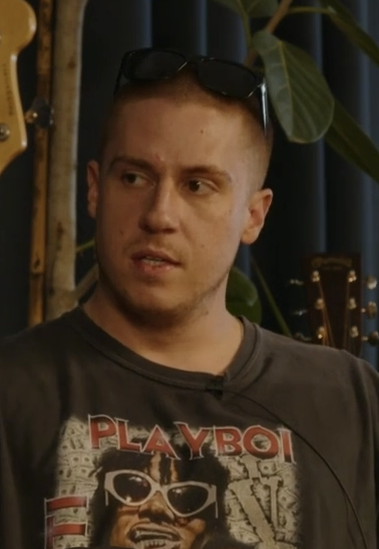John Cunningham Mentor Session 2022
Insights from LAAMP's Mentor Session with John Cunningham
In a riveting LAAMP session, John Cunningham, acclaimed music producer, shared invaluable insights from his journey in the music industry. Starting with his education at NYU, he emphasized the significance of networking and the essence of staying true to oneself in music. He discussed the dynamics of artist-producer relationships, the importance of adapting to an artist’s vision, and offered a peek into his creative process of beat-making. Delving into industry challenges, Cunningham highlighted the complexities of music deals and the importance of artistic integrity. His advice to aspirants: Trust your instincts and commit to your unique artistic voice.
.png)
